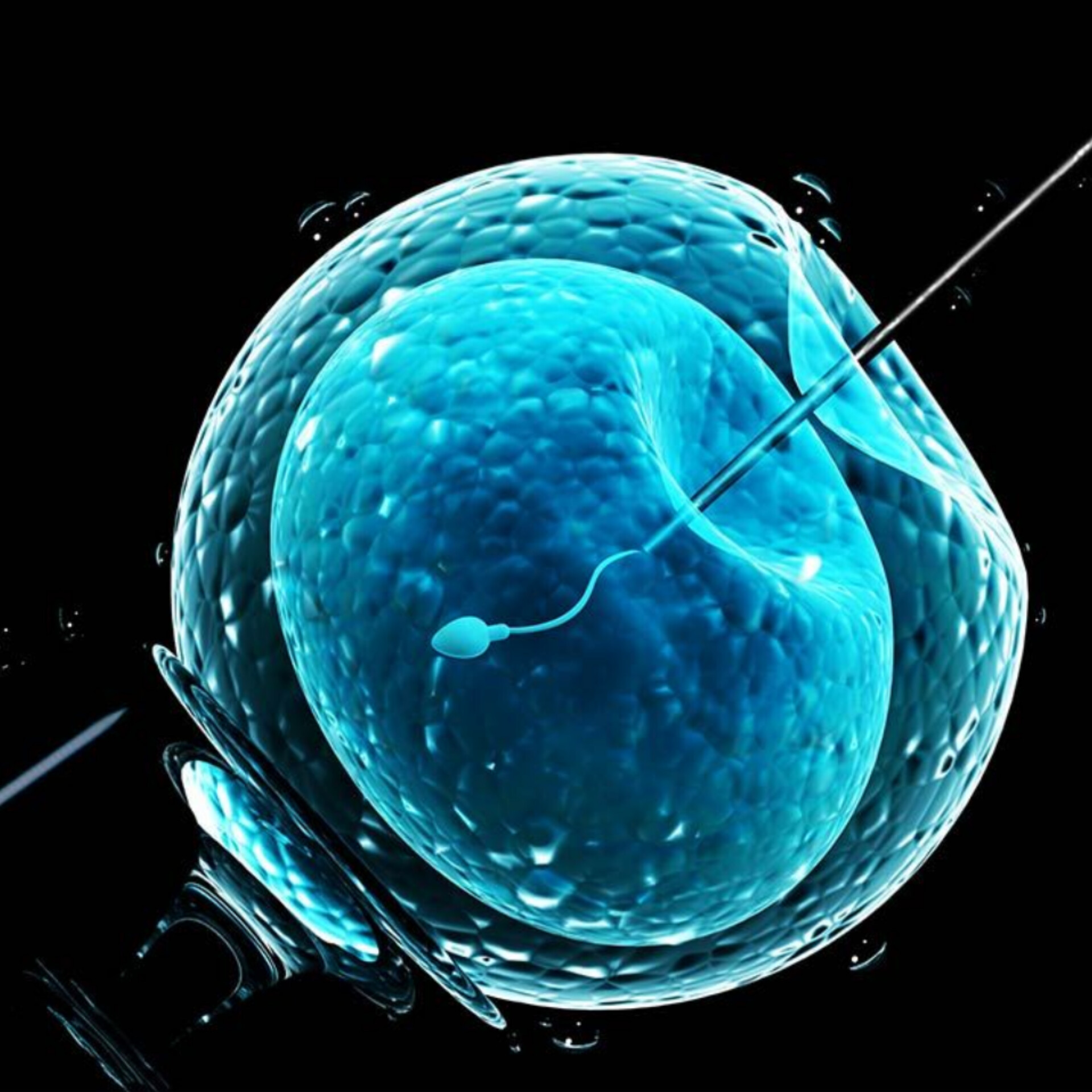Treatment depends on the underlying cause of the failure and the specific circumstances of each individual. In fact, after each unsuccessful IVF attempt, the doctor and the couple should carefully examine the potential causes and make the necessary decisions to continue the journey.
Some treatment approaches and potential strategies after unsuccessful IVF include:
♦ Review and re-evaluation:
♦ More detailed review of medical history: A more detailed review of the couple’s medical history, including age, pregnancy history, underlying diseases, and the results of tests and ultrasounds.
♦ Supplementary tests: Performing additional tests to assess egg and sperm quality, uterine condition, and other factors related to fertility.
♦ Lifestyle review: Reviewing and modifying lifestyle, including diet, weight, exercise, smoking, and alcohol consumption.
♦ Changing the ovarian stimulation protocol:
♦ Changing medications and dosages: If there was an inadequate response to the medications in the previous cycle, the doctor may change the medications and their dosages.
♦ Using different protocols: Using different ovarian stimulation protocols, such as short, long, or antagonist protocols.
♦ Using advanced assisted reproductive techniques:
♦ ICSI: Intracytoplasmic sperm injection (ICSI) can be helpful in cases where there is a problem with sperm quality.
♦ IMSI: Selecting the best sperm for injection into the egg using more powerful microscopes (IMSI).
♦ PGD/PGS: Preimplantation Genetic Diagnosis (PGD) or Preimplantation Genetic Screening (PGS) to check the genetic health of embryos before transfer to the uterus.
♦ Hatching: Creating a breach in the embryo’s outer shell to help it emerge and implant in the uterus.
♦ Treating underlying problems:
♦ Surgery: If there are problems such as uterine fibroids, polyps, or intrauterine adhesions, surgery may be necessary to correct them.
♦ Drug treatment: If there are problems such as hormonal disorders, thyroid problems, or autoimmune diseases, appropriate drug treatment can help improve the conditions.
♦ Using donor eggs or sperm:
♦ Egg donation: In cases where egg quality is low or the woman has gone through menopause, donor eggs can be used.
♦ Sperm donation: In cases where there is a problem with sperm quality or the man has azoospermia, donor sperm can be used.
♦ Using a surrogate uterus:
♦ Surrogacy: In cases where a woman has uterine problems that prevent pregnancy, a surrogate uterus can be used.
♦ Investigating immunological causes:
♦ Immunological tests: If there is a history of recurrent miscarriages or suspicion of immunological problems, performing immunological tests can be helpful.
♦ Immunological treatments: If immunological problems are diagnosed, various treatments such as immunosuppressant drugs, IVIG, and anticoagulant drugs may be prescribed.
♦ Repeating IVF:
♦ Repeating the IVF cycle: If there is no specific problem and the couple wishes, the IVF cycle can be repeated.
♦ Other assisted reproductive methods:
♦ IUI: In cases where the infertility problem is mild, IUI (intrauterine insemination) can be used.
♦ ZIFT/GIFT: Zygote intrafallopian transfer (ZIFT) and Gamete intrafallopian transfer (GIFT) may also be used in some cases.
♦ Acceptance and decision-making:
♦ Counseling: Throughout this journey, counseling with a doctor, psychologist, and fertility counselors can help couples make decisions and manage the stress and emotions associated with infertility.
♦ Decision-making: Ultimately, couples must decide on continuing treatment or choosing other methods based on their circumstances and with full awareness of the available options.
Important points:
♦ Follow-up and patience: Infertility treatment and IVF are a long and complex process and require follow-up and patience.
♦ Support: Receiving support from family, friends, and support groups can be very helpful throughout this journey.
Finally, remember that each individual and each situation is unique, and decisions about how to continue treatment should be made based on your specific circumstances and in consultation with a specialist physician.


